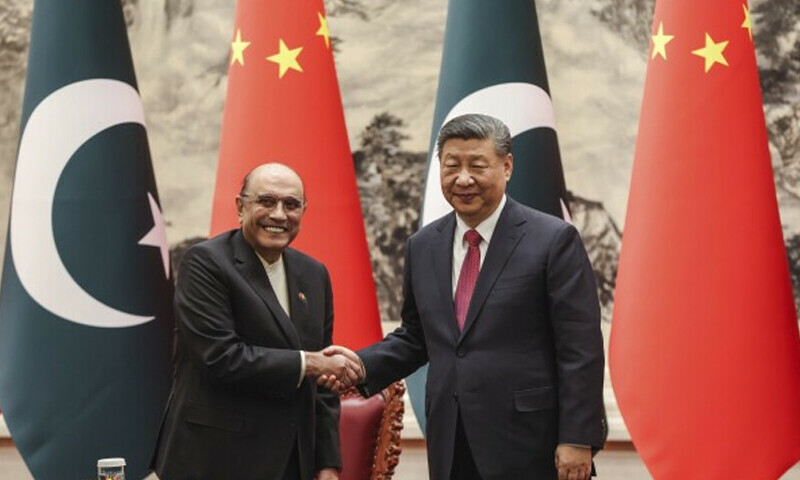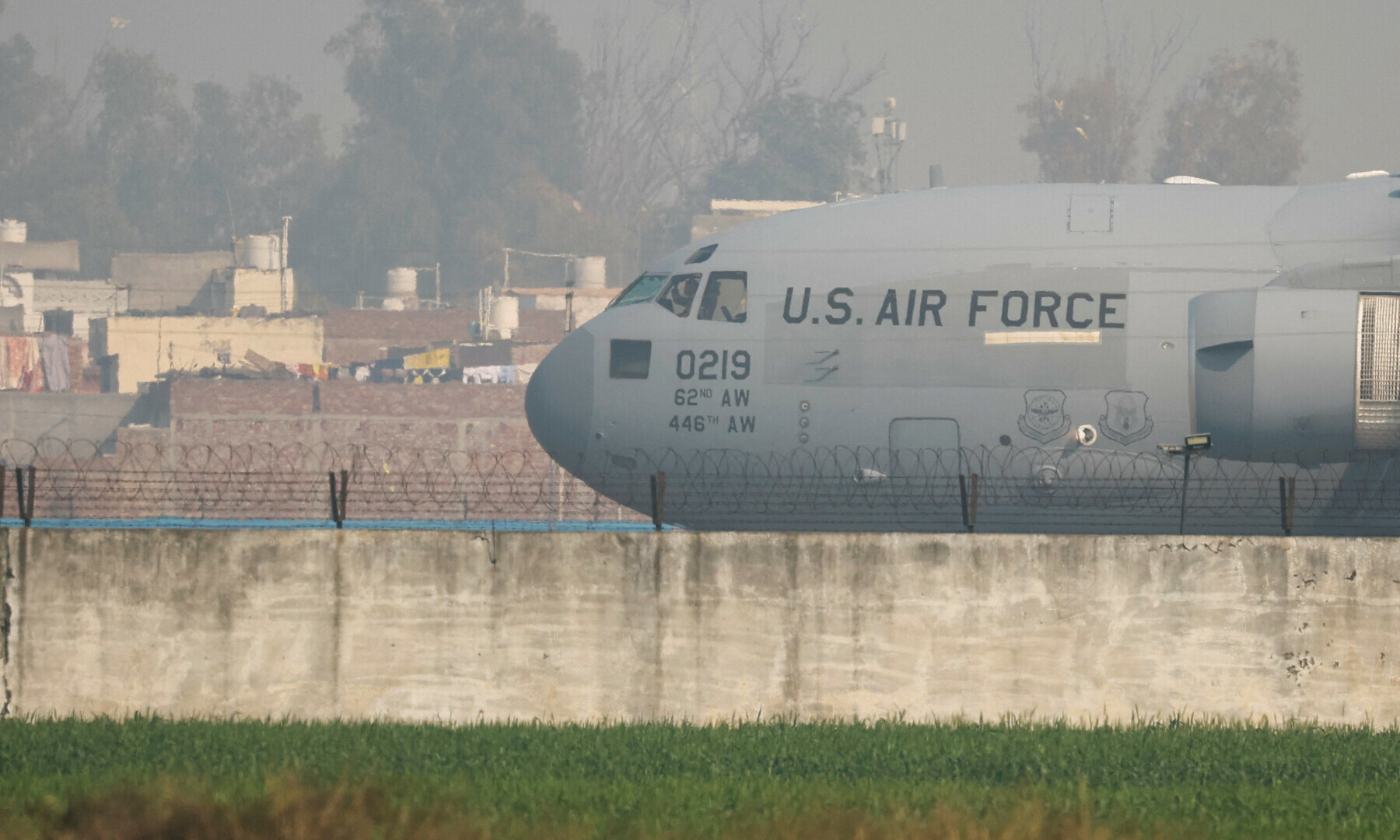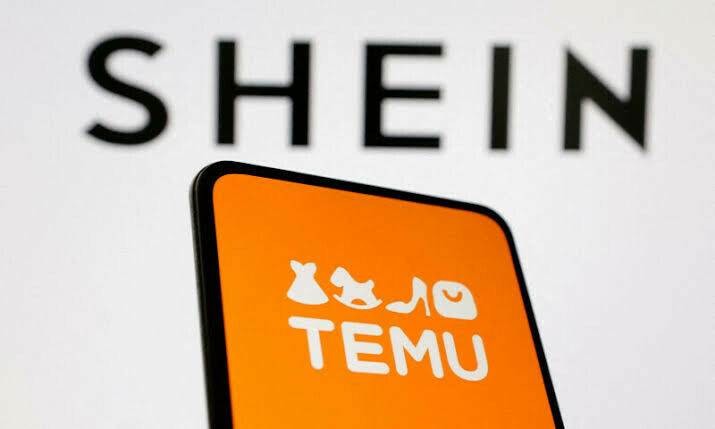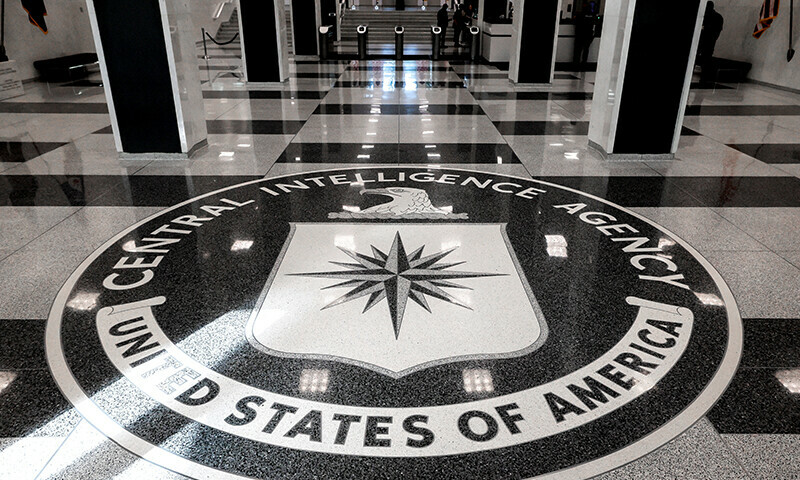WORLD NEWS
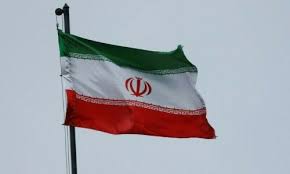
Iran has expressed a willingness to engage in diplomatic talks with the United States, signaling a potential path to resolving long-standing disputes between the two adversaries. A senior Iranian official shared the development with Reuters on Wednesday, following President Donald Trump’s renewed "maximum pressure" campaign against Tehran.
Iranian Foreign Minister Abbas Araqchi also voiced optimism about resolving U.S. concerns over Iran’s nuclear program, emphasizing Tehran's opposition to weapons of mass destruction.
“The clerical establishment’s will is to give diplomacy with Trump another chance, but Tehran is deeply concerned about Israel’s sabotage,” said the senior official, hinting at a crucial sticking point in the negotiations.
A Condition for Progress
Tehran emphasized the need for Washington to control Israel's actions if the U.S. genuinely seeks a deal with Iran. Despite Iran’s claim that its nuclear program is peaceful, Trump's administration has consistently sought to curtail Iran's nuclear ambitions by targeting its oil exports and imposing harsh sanctions.
President Trump reiterated his preference for a "verified nuclear peace agreement" with Iran via a post on his Truth Social account.
Challenges to Diplomacy
While Iran signals diplomatic openness, it faces a precarious geopolitical landscape. The fall of Bashar al-Assad in December 2023 has weakened Iran’s influence in the region, severely disrupting the so-called "Axis of Resistance"—a network of armed groups and allies countering Israeli and American influence in the Middle East.
At the same time, mounting economic pressures have fueled discontent among Iranian citizens, further straining Tehran’s resources and options.
In 2018, then-President Trump withdrew from the 2015 Iran nuclear deal and reimposed severe sanctions that crippled Iran’s economy. In response, Tehran began violating the pact’s nuclear limitations, prompting further international concerns.
Separate Issues: Gaza and the Nuclear Deal
The Iranian official clarified that Tehran remains firmly opposed to the displacement of Palestinians in Gaza, rejecting Trump's remarks about creating a "Riviera of the Middle East" by resettling Palestinians elsewhere.
"Iran does not agree with any displacement of Palestinians and has communicated this through various channels. However, this issue and the path of Iran’s nuclear agreement are two separate matters and should be pursued separately," the official stated.
The Path Forward
Despite deep-rooted tensions, analysts believe Iran has limited options but to strike a deal given its weakened regional alliances and economic struggles. The coming weeks will determine whether diplomacy can prevail or if the adversaries will continue their fraught path of confrontation.
